On the side of a road in Bainbridge Island, Washington sits Farmer Hotzenplotz’s farm stand, blooming with bouquets of flowers and jars of herbs. Placed among the bouquets is a cash box that reads “Let Honesty Be Your Guide”—a message to any passersby who would like to take something home from the farm stand to leave payment behind. Farmer Hotzenplotz carefully selects and puts together each item at the farm stand herself to provide the community with a beautiful array of flowers and herbs.
Farmer Hotzenplotz is not your average farmer. Her farmer name is inspired by the main character of one of her favorite books, The Robber Hotzenplotz. Better known as Chloe, this ten-year-old farmer and entrepreneur started her farm stand business at the age of seven. The idea for the farm stand was born three summers ago when Chloe’s mother, Shoshanna, decided to make pear butter out of the excess pears from the family’s backyard orchard. That Labor Day Weekend, Chloe set up the farm stand to sell the pear butter along with some Indian corn, apples, and pears. She made 35 dollars.
Since then, the farm stand has flourished and expanded to sell an assortment of herbs, flowers, herb salts, and sugars from the family garden. As Chloe exclaimed, “The garden’s going gangbusters!” She now sells peonies, calendulas, daffodils, tulips, herb and flower bundles, homemade Tuscan herb salt and biscotti, and, her favorite, homemade lavender sugar. Similar to The FarmLink Project’s mission of repurposing the surplus produce of farms in America, Chloe takes the overflow of flowers in her family garden to share them with her community. Shoshanna recalls that “it was abundance and oversupply that led to this whole adventure,”—a business born from and sustained by surplus produce.
Running this farm stand is no small feat. Chloe hand-picks each flower and herb she sells and makes all the herb salts, sugars, and fruit butters from scratch in her family kitchen with the help of her parents. On busy weekends, Chloe walks down to the farm stand every morning and evening to put out fresh flowers and check the cashbox to see if any of her produce has sold. Though there have been a few times that Chloe has noticed there being less money in the cashbox than would account for the flowers that have been taken, she holds a positive and wholesome perspective on it: “Some people might have just taken a flower because they needed a flower.” We all need a flower sometimes.

In past years, Chloe donated a portion of her farm stand profit to wildlife restoration organizations, but, because of the pandemic and ensuing hunger crisis, she decided this year to donate all her proceeds to feed those who are hungry. When making the decision of whether to continue the farm stand this year in light of the pandemic, Chloe was determined. “It isn’t right to be making money in such a time of poverty and hunger,” she explained. The first hundred dollars from this spring’s yield went to the Northwest Harvest Food Bank in Washington. Then, Chloe’s family discovered FarmLink in a New York Times article. As a young farmer trying to fight hunger through her farm stand, she was drawn to us as we, too, are a group of students, not much older than she, trying to feed as many people as we can.
From just this spring, Chloe raised 482 dollars from her farm stand to donate to FarmLink, which her parents generously matched to total 964 dollars. In late June, we received the donation along with a handwritten letter from Chloe. Awestruck and inspired by her generosity, maturity, and hard work, we see Chloe as an amazing role model not only for those her own age, but for us all.

Though running the farm stand requires a tremendous amount of work, Chloe remains passionate about what she does. “On the whole, I like doing it. Every day when I go down and see that a flower has been sold, I like knowing that whoever bought the flower needed a flower.” The Bainbridge Island community has been incredibly supportive of and grateful for Chloe’s hard work—some leaving thank you notes or requests for more of a specific item, others displaying her flowers in their front windows for the neighbors to see. Seeing such positive responses to the farm stand motivates Chloe to continue her work. Beaming, she told us, “I like knowing that all the flowers from our garden have gone much further than our garden.”
Chloe’s flowers have truly gone far beyond her family’s garden. With the money she raised from her farm stand, FarmLink has been able to provide over 8,000 meals to individuals and families in need—all made possible by the work of one ten-year-old girl. Chloe has shown us that no matter how young you are or how small your actions may seem, you can make a huge difference. In the wise words of Farmer Hotzenplotz, the youngest member of the FarmLink family, “If you want to do it, then there’s practically nothing stopping you other than your own doubts—that can stop someone just as much as it can start someone.”
< Back
On the side of a road in Bainbridge Island, Washington sits Farmer Hotzenplotz’s farm stand, blooming with bouquets of flowers and jars of herbs. Placed among the bouquets is a cash box that reads “Let Honesty Be Your Guide”—a message to any passersby who would like to take something home from the farm stand to leave payment behind. Farmer Hotzenplotz carefully selects and puts together each item at the farm stand herself to provide the community with a beautiful array of flowers and herbs.
Farmer Hotzenplotz is not your average farmer. Her farmer name is inspired by the main character of one of her favorite books, The Robber Hotzenplotz. Better known as Chloe, this ten-year-old farmer and entrepreneur started her farm stand business at the age of seven. The idea for the farm stand was born three summers ago when Chloe’s mother, Shoshanna, decided to make pear butter out of the excess pears from the family’s backyard orchard. That Labor Day Weekend, Chloe set up the farm stand to sell the pear butter along with some Indian corn, apples, and pears. She made 35 dollars.
Since then, the farm stand has flourished and expanded to sell an assortment of herbs, flowers, herb salts, and sugars from the family garden. As Chloe exclaimed, “The garden’s going gangbusters!” She now sells peonies, calendulas, daffodils, tulips, herb and flower bundles, homemade Tuscan herb salt and biscotti, and, her favorite, homemade lavender sugar. Similar to The FarmLink Project’s mission of repurposing the surplus produce of farms in America, Chloe takes the overflow of flowers in her family garden to share them with her community. Shoshanna recalls that “it was abundance and oversupply that led to this whole adventure,”—a business born from and sustained by surplus produce.
Running this farm stand is no small feat. Chloe hand-picks each flower and herb she sells and makes all the herb salts, sugars, and fruit butters from scratch in her family kitchen with the help of her parents. On busy weekends, Chloe walks down to the farm stand every morning and evening to put out fresh flowers and check the cashbox to see if any of her produce has sold. Though there have been a few times that Chloe has noticed there being less money in the cashbox than would account for the flowers that have been taken, she holds a positive and wholesome perspective on it: “Some people might have just taken a flower because they needed a flower.” We all need a flower sometimes.

In past years, Chloe donated a portion of her farm stand profit to wildlife restoration organizations, but, because of the pandemic and ensuing hunger crisis, she decided this year to donate all her proceeds to feed those who are hungry. When making the decision of whether to continue the farm stand this year in light of the pandemic, Chloe was determined. “It isn’t right to be making money in such a time of poverty and hunger,” she explained. The first hundred dollars from this spring’s yield went to the Northwest Harvest Food Bank in Washington. Then, Chloe’s family discovered FarmLink in a New York Times article. As a young farmer trying to fight hunger through her farm stand, she was drawn to us as we, too, are a group of students, not much older than she, trying to feed as many people as we can.
From just this spring, Chloe raised 482 dollars from her farm stand to donate to FarmLink, which her parents generously matched to total 964 dollars. In late June, we received the donation along with a handwritten letter from Chloe. Awestruck and inspired by her generosity, maturity, and hard work, we see Chloe as an amazing role model not only for those her own age, but for us all.

Though running the farm stand requires a tremendous amount of work, Chloe remains passionate about what she does. “On the whole, I like doing it. Every day when I go down and see that a flower has been sold, I like knowing that whoever bought the flower needed a flower.” The Bainbridge Island community has been incredibly supportive of and grateful for Chloe’s hard work—some leaving thank you notes or requests for more of a specific item, others displaying her flowers in their front windows for the neighbors to see. Seeing such positive responses to the farm stand motivates Chloe to continue her work. Beaming, she told us, “I like knowing that all the flowers from our garden have gone much further than our garden.”
Chloe’s flowers have truly gone far beyond her family’s garden. With the money she raised from her farm stand, FarmLink has been able to provide over 8,000 meals to individuals and families in need—all made possible by the work of one ten-year-old girl. Chloe has shown us that no matter how young you are or how small your actions may seem, you can make a huge difference. In the wise words of Farmer Hotzenplotz, the youngest member of the FarmLink family, “If you want to do it, then there’s practically nothing stopping you other than your own doubts—that can stop someone just as much as it can start someone.”
Chloe (aka Farmer Hotzenplotz)
Farmlink Project Supporter and Honorary Farmlink Project Team Member
On the side of a road in Bainbridge Island, Washington sits Farmer Hotzenplotz’s farm stand, blooming with bouquets of flowers and jars of herbs. Placed among the bouquets is a cash box that reads “Let Honesty Be Your Guide”—a message to any passersby who would like to take something home from the farm stand to leave payment behind. Farmer Hotzenplotz carefully selects and puts together each item at the farm stand herself to provide the community with a beautiful array of flowers and herbs.
Farmer Hotzenplotz is not your average farmer. Her farmer name is inspired by the main character of one of her favorite books, The Robber Hotzenplotz. Better known as Chloe, this ten-year-old farmer and entrepreneur started her farm stand business at the age of seven. The idea for the farm stand was born three summers ago when Chloe’s mother, Shoshanna, decided to make pear butter out of the excess pears from the family’s backyard orchard. That Labor Day Weekend, Chloe set up the farm stand to sell the pear butter along with some Indian corn, apples, and pears. She made 35 dollars.
Since then, the farm stand has flourished and expanded to sell an assortment of herbs, flowers, herb salts, and sugars from the family garden. As Chloe exclaimed, “The garden’s going gangbusters!” She now sells peonies, calendulas, daffodils, tulips, herb and flower bundles, homemade Tuscan herb salt and biscotti, and, her favorite, homemade lavender sugar. Similar to The FarmLink Project’s mission of repurposing the surplus produce of farms in America, Chloe takes the overflow of flowers in her family garden to share them with her community. Shoshanna recalls that “it was abundance and oversupply that led to this whole adventure,”—a business born from and sustained by surplus produce.
Running this farm stand is no small feat. Chloe hand-picks each flower and herb she sells and makes all the herb salts, sugars, and fruit butters from scratch in her family kitchen with the help of her parents. On busy weekends, Chloe walks down to the farm stand every morning and evening to put out fresh flowers and check the cashbox to see if any of her produce has sold. Though there have been a few times that Chloe has noticed there being less money in the cashbox than would account for the flowers that have been taken, she holds a positive and wholesome perspective on it: “Some people might have just taken a flower because they needed a flower.” We all need a flower sometimes.

In past years, Chloe donated a portion of her farm stand profit to wildlife restoration organizations, but, because of the pandemic and ensuing hunger crisis, she decided this year to donate all her proceeds to feed those who are hungry. When making the decision of whether to continue the farm stand this year in light of the pandemic, Chloe was determined. “It isn’t right to be making money in such a time of poverty and hunger,” she explained. The first hundred dollars from this spring’s yield went to the Northwest Harvest Food Bank in Washington. Then, Chloe’s family discovered FarmLink in a New York Times article. As a young farmer trying to fight hunger through her farm stand, she was drawn to us as we, too, are a group of students, not much older than she, trying to feed as many people as we can.
From just this spring, Chloe raised 482 dollars from her farm stand to donate to FarmLink, which her parents generously matched to total 964 dollars. In late June, we received the donation along with a handwritten letter from Chloe. Awestruck and inspired by her generosity, maturity, and hard work, we see Chloe as an amazing role model not only for those her own age, but for us all.

Though running the farm stand requires a tremendous amount of work, Chloe remains passionate about what she does. “On the whole, I like doing it. Every day when I go down and see that a flower has been sold, I like knowing that whoever bought the flower needed a flower.” The Bainbridge Island community has been incredibly supportive of and grateful for Chloe’s hard work—some leaving thank you notes or requests for more of a specific item, others displaying her flowers in their front windows for the neighbors to see. Seeing such positive responses to the farm stand motivates Chloe to continue her work. Beaming, she told us, “I like knowing that all the flowers from our garden have gone much further than our garden.”
Chloe’s flowers have truly gone far beyond her family’s garden. With the money she raised from her farm stand, FarmLink has been able to provide over 8,000 meals to individuals and families in need—all made possible by the work of one ten-year-old girl. Chloe has shown us that no matter how young you are or how small your actions may seem, you can make a huge difference. In the wise words of Farmer Hotzenplotz, the youngest member of the FarmLink family, “If you want to do it, then there’s practically nothing stopping you other than your own doubts—that can stop someone just as much as it can start someone.”
.png)


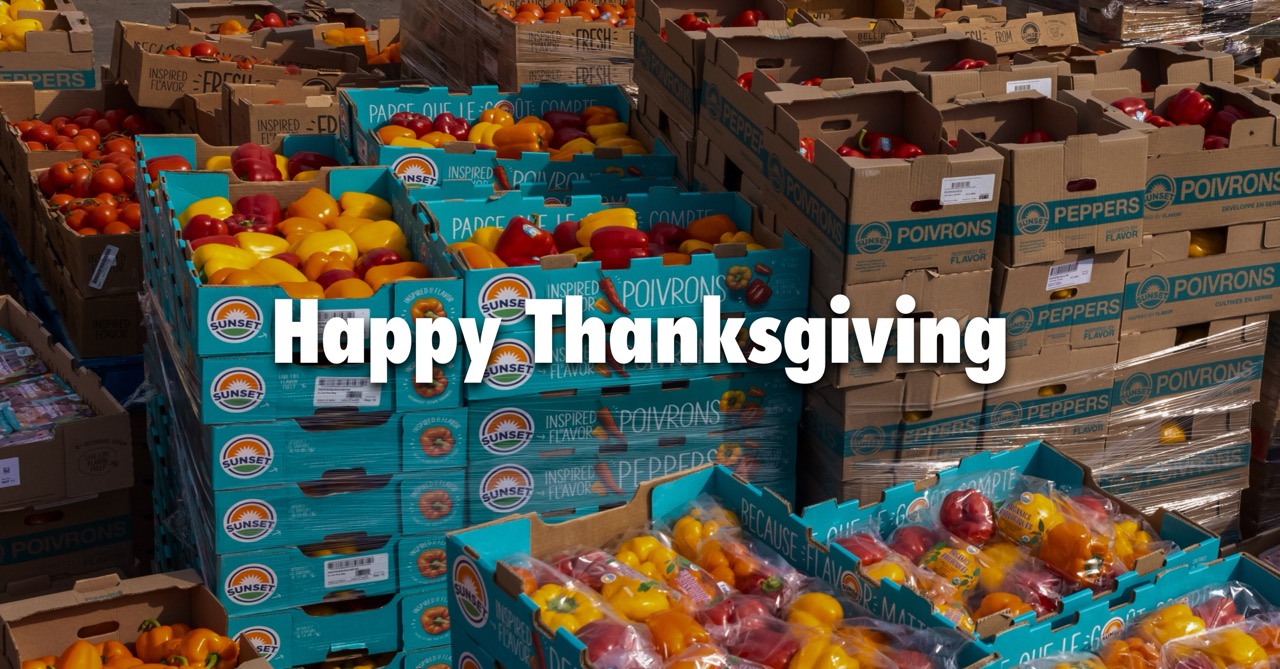
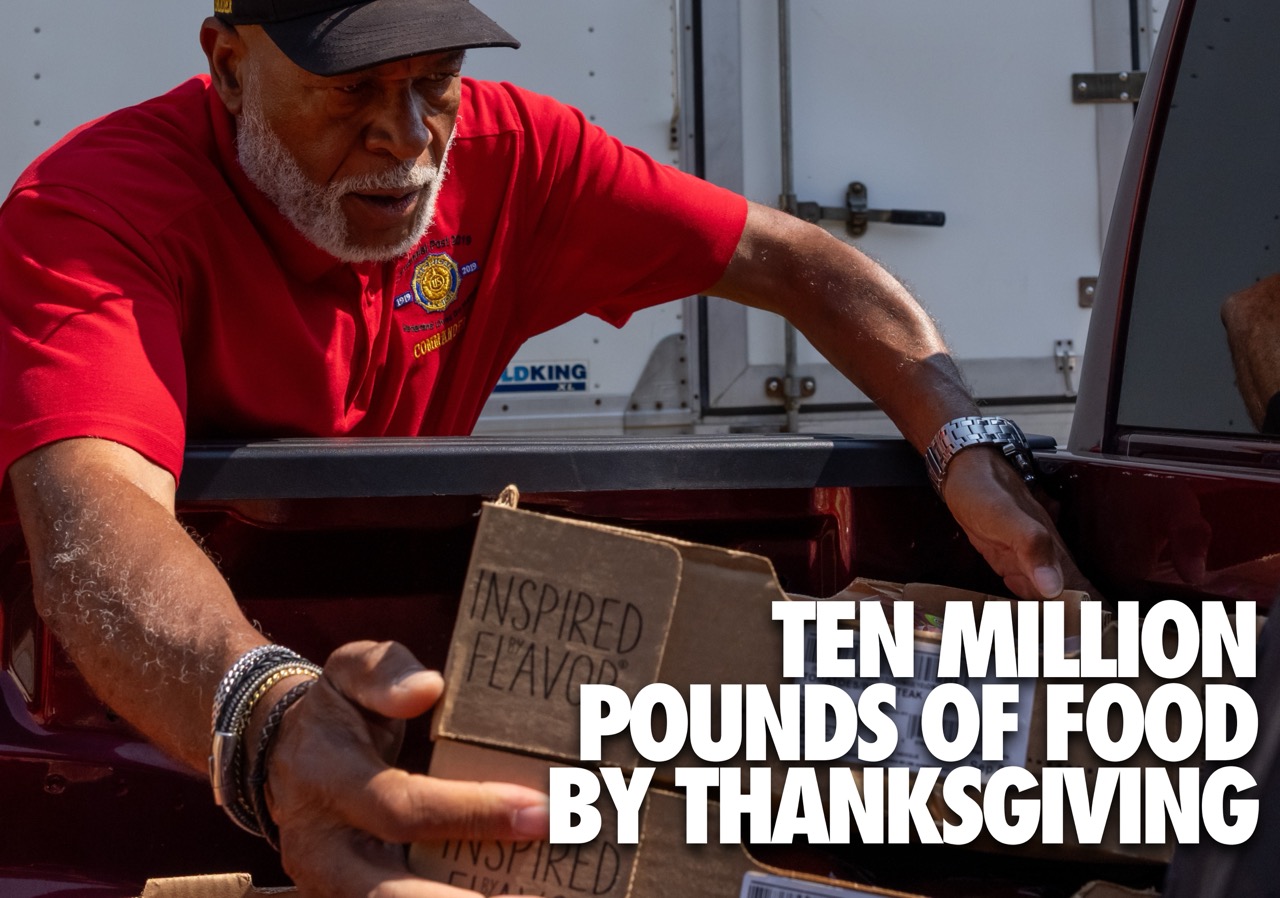
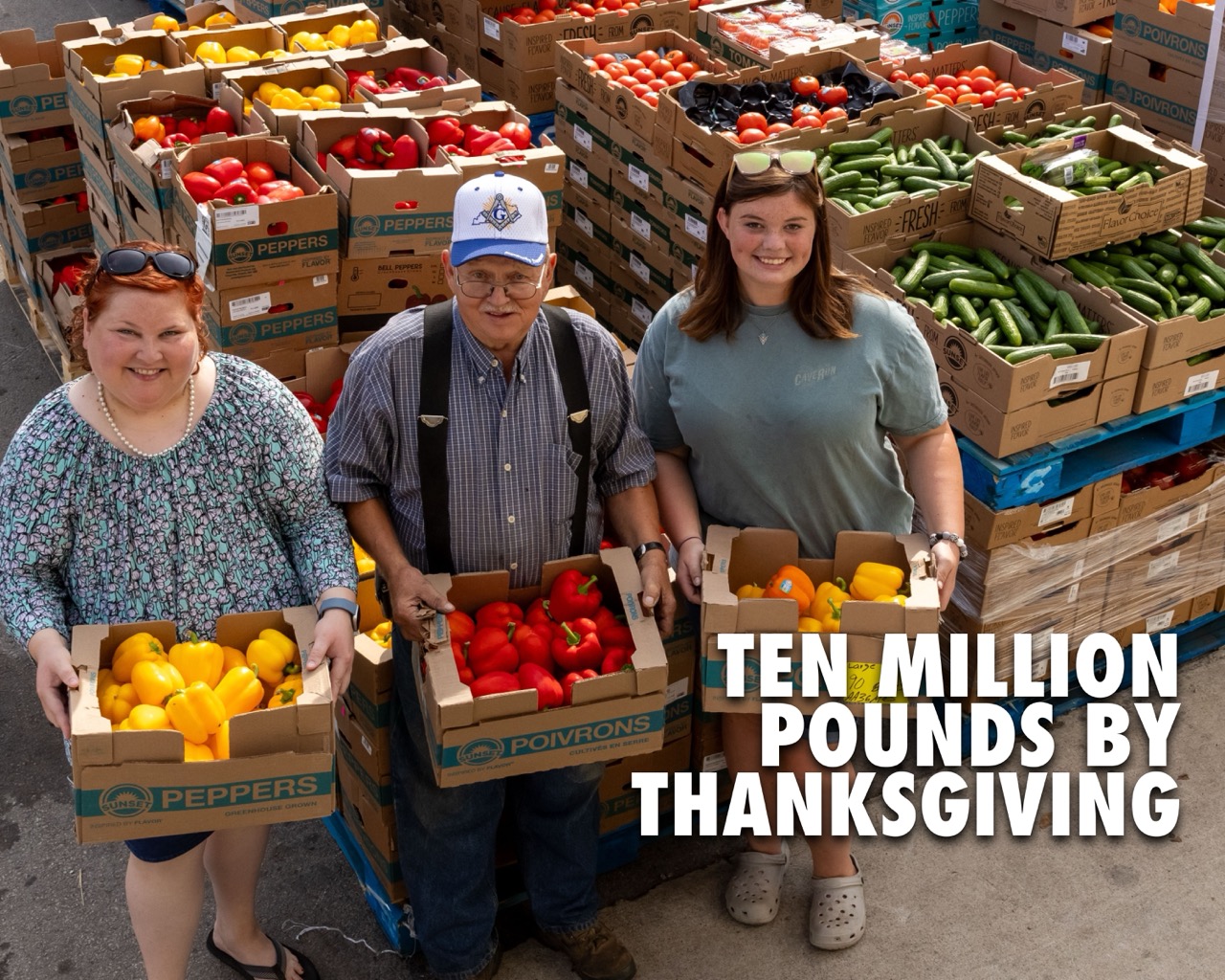
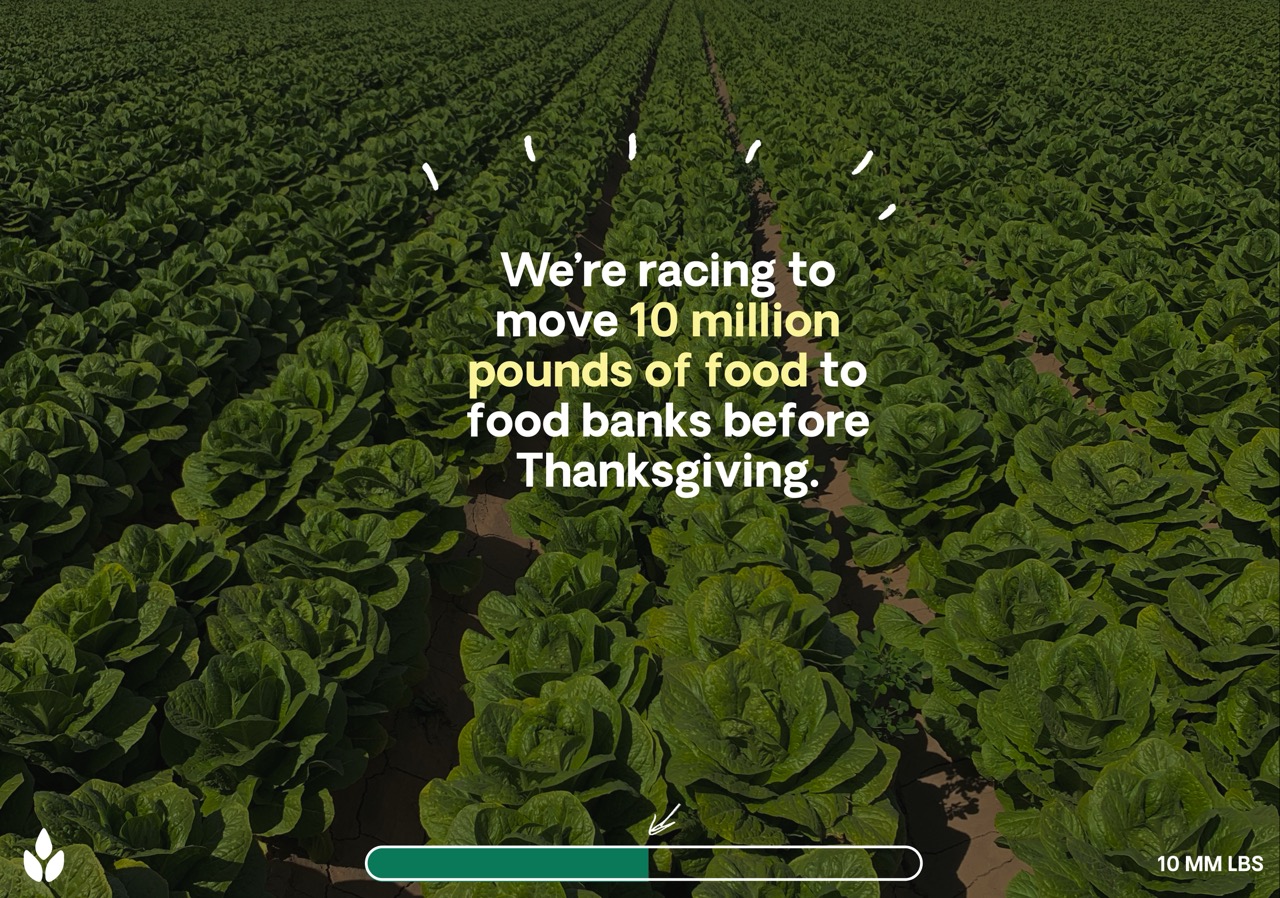
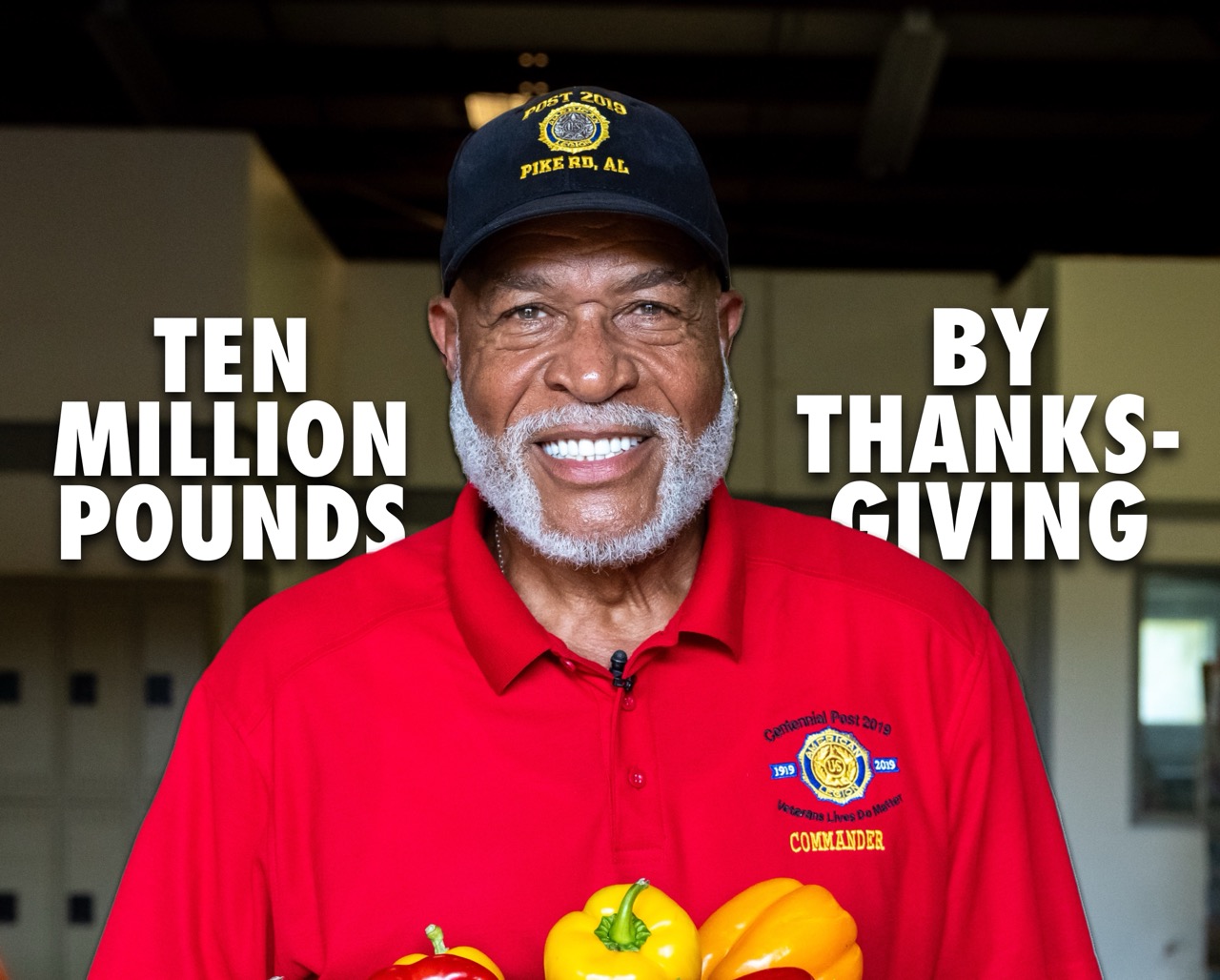
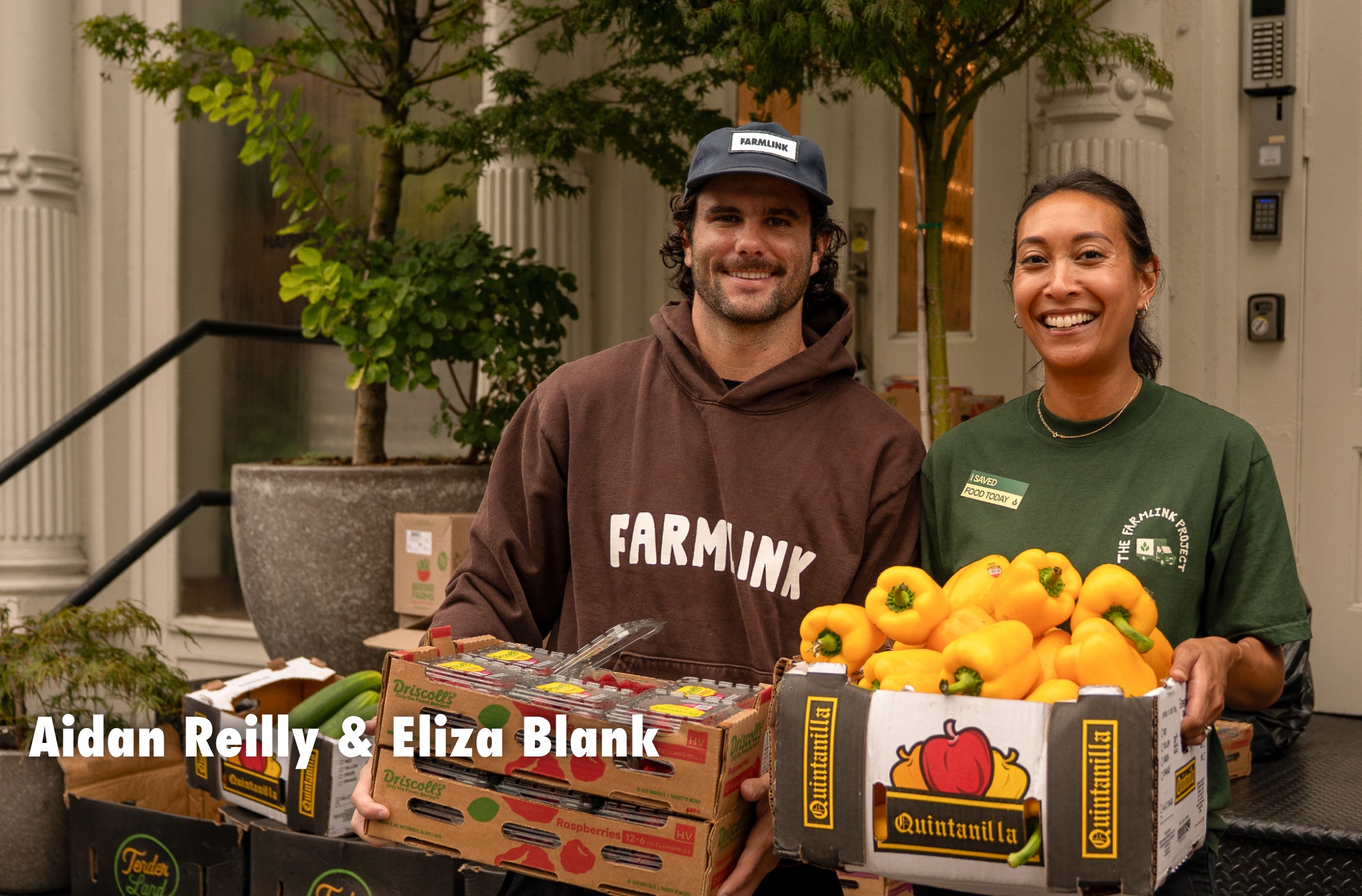
.svg)
.svg)
.svg)